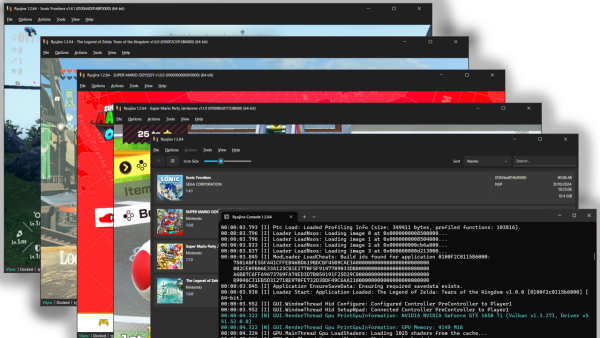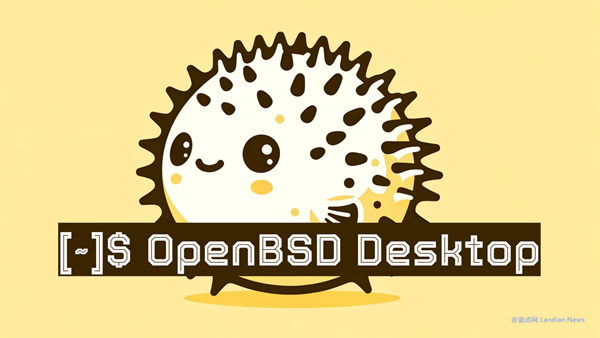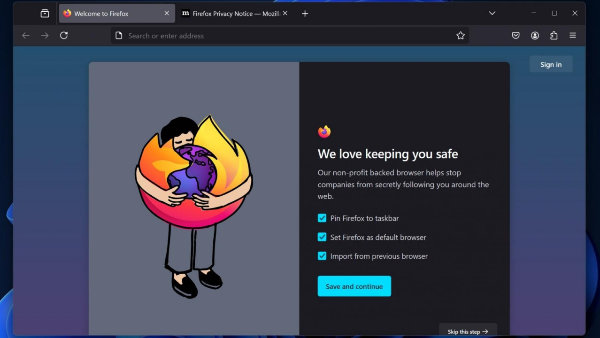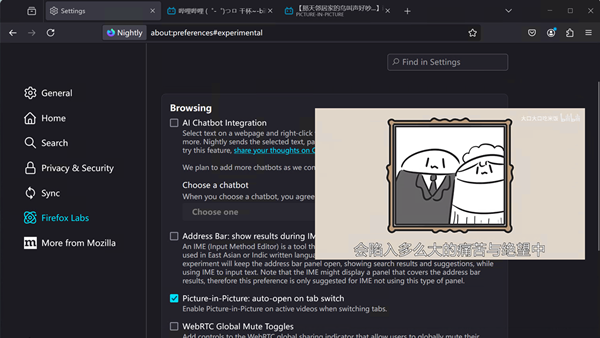Switzerland Enacts Law Mandating Open Source Software Across All Government Sectors to Enhance Transparency, Security, and Efficiency
After 12 years of rigorous discussion, the Swiss government has finally enacted the Federal Act on the Electronic Processing of Government Tasks (EMBAG). This groundbreaking law mandates that all public sectors, essentially government departments, must utilize open source software to boost transparency, security, and efficiency.
The legislation further requires all government departments to disclose the source code of software developed either in-house or by third-party developers for government use, unless disclosing the source code would violate third-party copyright issues or compromise security. In such cases, exemptions from disclosing the source code are permitted.
The initial push for this legislation came when the Swiss Federal Supreme Court, adhering to open source software licenses, published the source code of some of its specialized legal software. This move upset the software developer Weblaw, leading to a lengthy 12-year debate.
By 2023, the EMBAG law was passed and put into action. It now not only requires the Swiss government and its outsourced service providers to use open source software but also to release the source code of such software under open source licenses.
The publication of proprietary software under open source licenses can have several ramifications, such as making the software available to other users, businesses, and government departments. However, it also poses a risk of exposing potential security vulnerabilities within the software, necessitating active collaboration between software developers and the open source community to identify and rectify these vulnerabilities.
Moreover, some proprietary software might inherently contain third-party copyright issues. For instance, if third-party software developers only license their software to the Swiss government rather than developing it specifically for the government, the third-party retains ownership of the software, hence, it cannot be open-sourced according to the contractual agreement.
Professor Matthias Sturmer, director of the Institute for Public Sector Transformation, was a key advocate for the law. He lauds it as an excellent opportunity for the government, the IT industry, and society at large, noting that everyone stands to benefit from the legislation. It reduces vendor lock-in for government departments by eliminating reliance on specific software suppliers and solutions.
Besides enforcing open source code, EMBAG also mandates the publication of non-personal and non-sensitive government data as Open Government Data (OGD), meaning such data must be promptly made available in open databases for public access.
Switzerland is the first country globally to adopt a law like EMBAG, setting a precedent that could encourage other nations and regions to actively embrace open source software to improve transparency, innovation, and collaboration.










